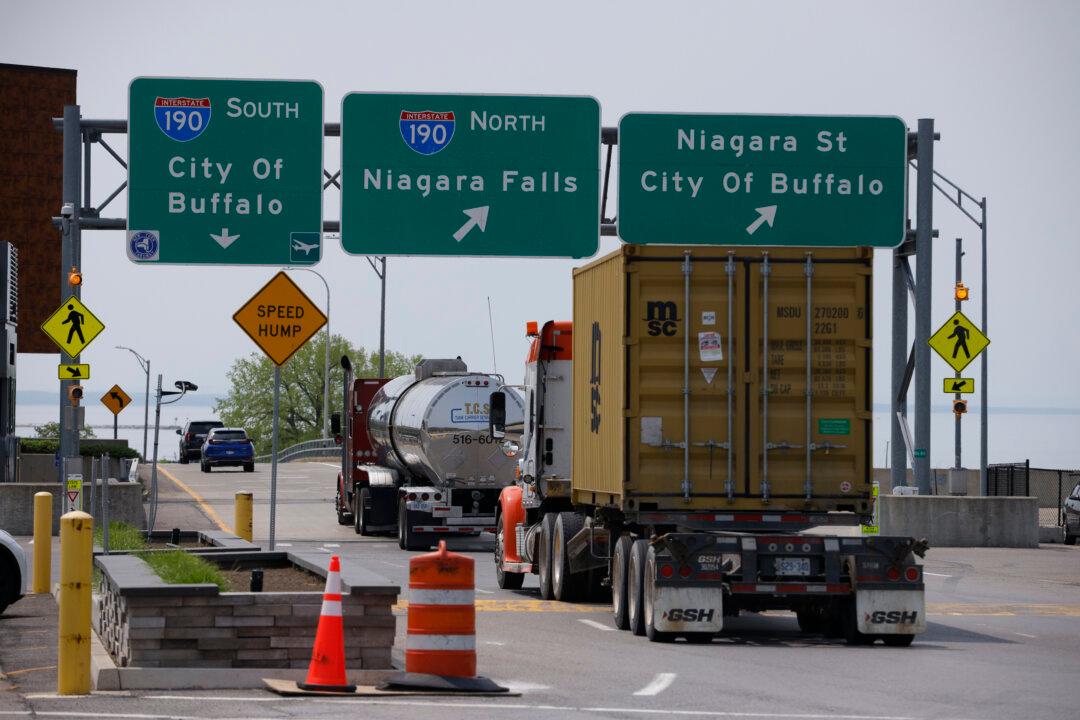Nearly half of Canadian manufacturers may freeze hiring or lay off workers if U.S. President-elect Donald Trump imposes 25 percent tariffs on all Canadian goods.
A survey of more than 300 manufacturers between Dec. 11 and 18 indicated that 48 percent will consider these moves if the tariffs are implemented, according to data released Dec. 19 by Canadian Manufacturers and Exporters (CME).





